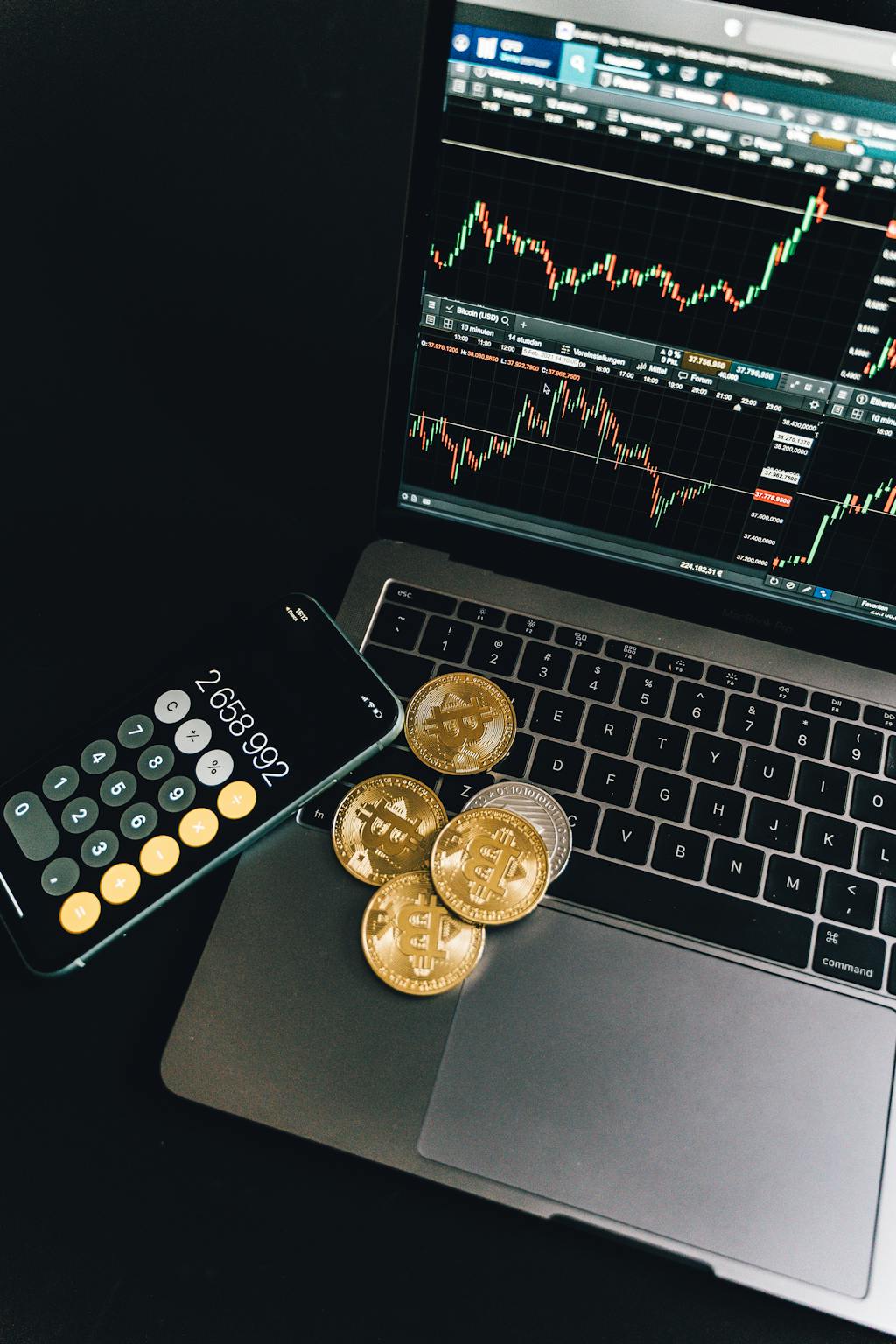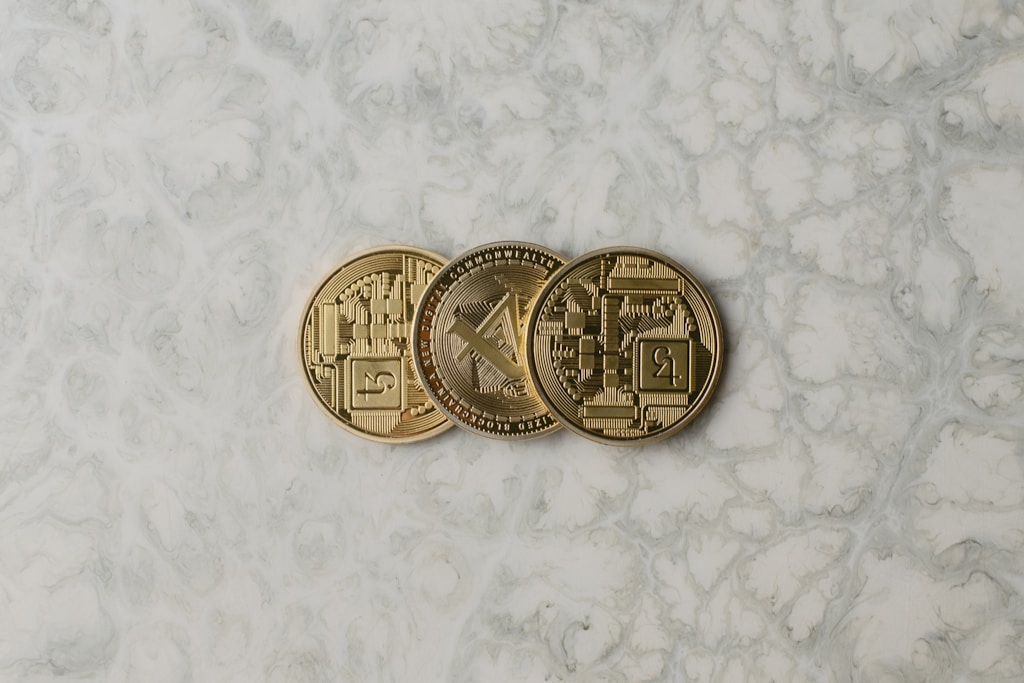Former Binance CEO Changpeng Zhao (CZ) has proposed a groundbreaking dark pool-style decentralized exchange (DEX) aimed at eliminating front-running in DeFi trading, marking a significant development in the evolution of decentralized finance infrastructure.
Revolutionary DEX Design: A Game-Changer for DeFi Privacy
The proposed perpetual DEX represents a significant leap forward in addressing one of DeFi’s most persistent challenges – front-running. By implementing dark pool mechanics, the platform aims to provide traders with enhanced privacy and protection against malicious trading practices that have plagued the industry.
SPONSORED
Trade with confidence using advanced privacy features and up to 100x leverage on perpetual contracts
Key Features of the Proposed DEX
- Dark pool functionality for enhanced privacy
- Advanced front-running protection mechanisms
- Perpetual futures trading capabilities
- Decentralized order matching system
Expert Analysis and Market Impact
Industry experts have praised the initiative, noting its potential to address critical infrastructure gaps in the DeFi ecosystem. This development comes at a crucial time when recent incidents on other DEX platforms have highlighted the urgent need for better trading protections.
Frequently Asked Questions
What is front-running in DeFi?
Front-running occurs when traders use privileged information about pending transactions to execute trades that profit from anticipated price movements.
How does a dark pool DEX prevent front-running?
Dark pools hide order information until execution, making it difficult for malicious actors to anticipate and exploit trading patterns.
When will the new DEX launch?
While specific launch details haven’t been announced, development is expected to commence in the coming months.
Looking Ahead: Implications for DeFi
The introduction of this innovative DEX model could set new standards for privacy and security in decentralized trading, potentially catalyzing wider DeFi adoption among institutional investors and privacy-conscious traders.






